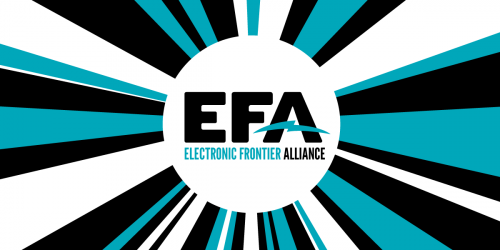The newest version of the Music Modernization Act, S. 2823, added in provisions from the bill known as CLASSICS, turning a largely great bill into a bad one. We have to tell the Senate to reject this version of the bill.
S. 2823 was introduced by Sen. Orrin Hatch on May 10. It follows the bad precedent set by the House of Representatives by combining the largely good Music Modernization Act with the bad CLASSICS Act. An act which would establish a new system for compensating songwriters and music publishers when their songs are played on digital services has now been polluted by an act which creates a new pseudo-copyright that presents new barriers for fans of old music. S. 2823 extends parts of federal copyright to cover sound recordings made before 1972, which are currently covered by an assortment of state laws.
With this new law, for the first time, recordings made between 1923 and 1972 couldn’t be streamed on digital music services or Internet radio without a license, and failing to get one could leave the streamer liable for massive, unpredictable statutory damages. This makes it harder to archive older music and harder for fans of older music to stream it. It also doesn’t create any new incentives for artists to create new work.
All of this music is old enough to have already made plenty of money for the rightsholders, which are usually recording companies and not the artists in the first place. The Senate should not pass music copyright reform with this new pseudo-copyright in it. Tell the Senate to reject S. 2823.








